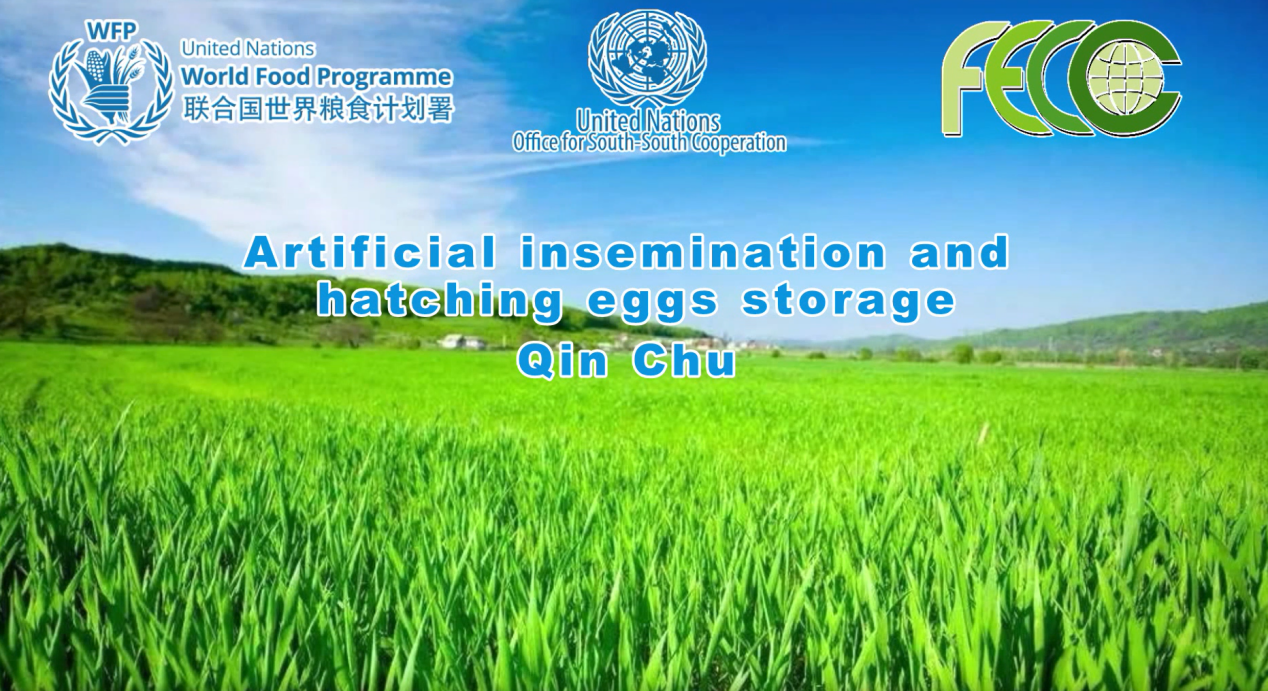In this course, we will explore the latest advancements in breeding technology and artificial insemination techniques, as well as the management of hatching eggs and incubation methods.We will begin by discussing the principles of artificial insemination and the benefits it offers in animal breeding, including genetic improvement and disease control. Furthermore, we will delve into the management of hatching eggs, including egg selection, storage, and handling. We will also cover the essential factors that influence egg hatchability, such as temperature, humidity, and ventilation, and the necessary steps for optimal incubation. By the end of this course, you will have a comprehensive understanding of the latest artificial insemination and breeding technologies, as well as the essential practices for hatching egg management and incubation.
This course is part of a series of technique training focusing on vegetable cultivation and poultry feeding, offered under the Country Pilot Project titled "Capacity Development on Sustainable Agriculture and Value Chain Development in Nepal".
.png)
.png)





Learner Satisfaction Rating
Reviews